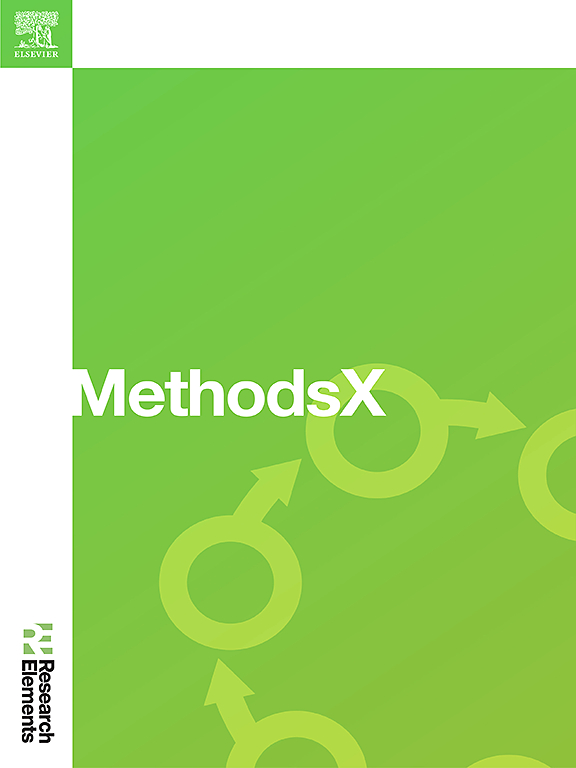An integrated geospatial modelling framework of hybrid microgrid sizing for rural electrification planning
IF 1.6
Q2 MULTIDISCIPLINARY SCIENCES
引用次数: 0
Abstract
Pursuing rural electrification in developing countries through hybrid generation systems is constrained by a lack of suitable energy modelling tools. Few tools include geographical parameters relevant to capturing specific spatial and socio-economic circumstances. Even less are openly available and find applications for rural areas of developing countries. This work presents an integrated geospatial energy modelling framework based on an extended tool, the GISEle (GIS for rural electrification) model, which aims for a least-cost energy solution. GISEle is an open-source tool supporting rural electrification planning strategies and challenges through optimal hybrid microgrid integration. The developed framework is universally applicable and explains how the extended GISEle tool can be used to become suitable for analysing decentralised hybrid generation systems within the context of rural areas of developing countries. This presented framework includes:
- •Advancing the approach to proper data collection to better capture local specificities and (future) demand and reporting results in rural areas of developing countries;
- •Adding the Remote-Areas Multi-energy systems load Profiles (RAMP) to improve load demand assessments, while considering the impact of electrification on growing demand scenarios;
- •Linking the Soil and Water Assessment Tool (SWAT) model to allow for hydropower sizing in GISEle.

农村电气化规划混合微电网规模的综合地理空间建模框架。
由于缺乏合适的能源建模工具,发展中国家通过混合发电系统实现农村电气化受到了限制。很少有工具包括与捕捉特定空间和社会经济情况有关的地理参数。更少的是公开可用的,并在发展中国家的农村地区找到了应用。这项工作提出了一个基于扩展工具GISEle(农村电气化GIS)模型的综合地理空间能源建模框架,旨在实现成本最低的能源解决方案。GISEle是一个开源工具,通过优化混合微电网整合,支持农村电气化规划战略和挑战。开发的框架是普遍适用的,并解释了如何使用扩展的GISEle工具来适合分析发展中国家农村地区范围内的分散混合发电系统。提出的框架包括:•推进适当的数据收集方法,以更好地捕捉发展中国家农村地区的当地特点和(未来)需求,并报告结果;•增加偏远地区多能系统负荷概况(RAMP),以改善负荷需求评估,同时考虑电气化对不断增长的需求情景的影响;•连接土壤和水评估工具(SWAT)模型,以允许GISEle的水电规模。
本文章由计算机程序翻译,如有差异,请以英文原文为准。
求助全文
约1分钟内获得全文
求助全文
来源期刊

MethodsX
Health Professions-Medical Laboratory Technology
CiteScore
3.60
自引率
5.30%
发文量
314
审稿时长
7 weeks
期刊介绍:
 求助内容:
求助内容: 应助结果提醒方式:
应助结果提醒方式:


